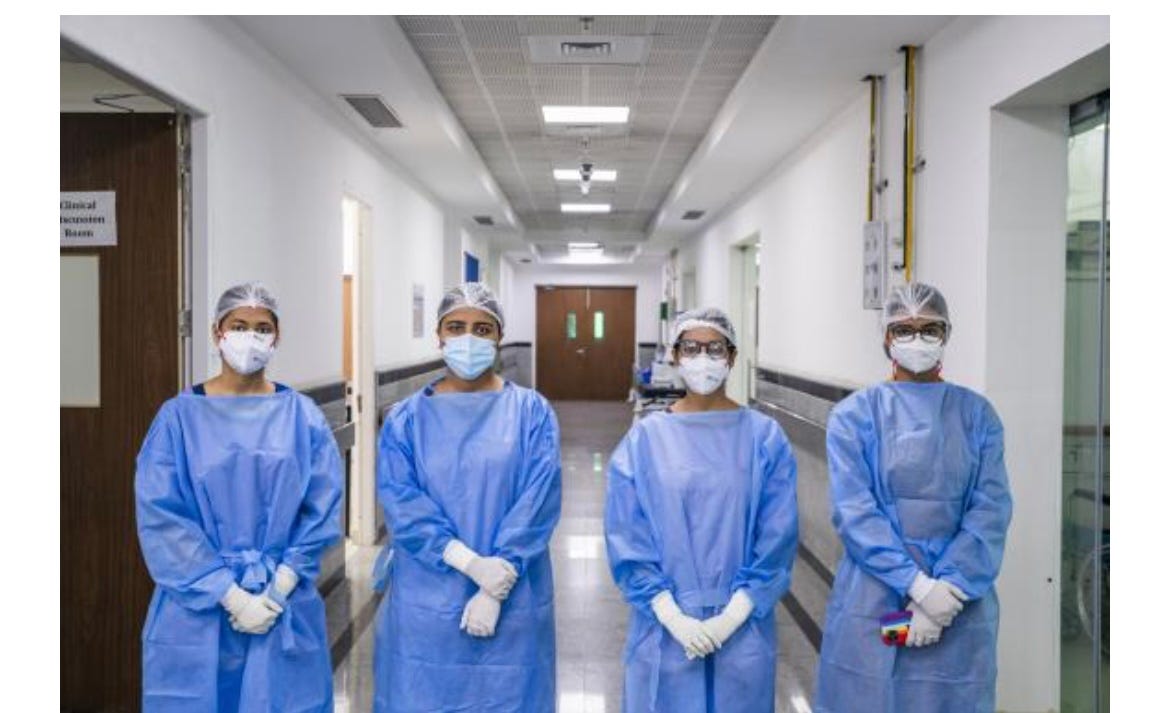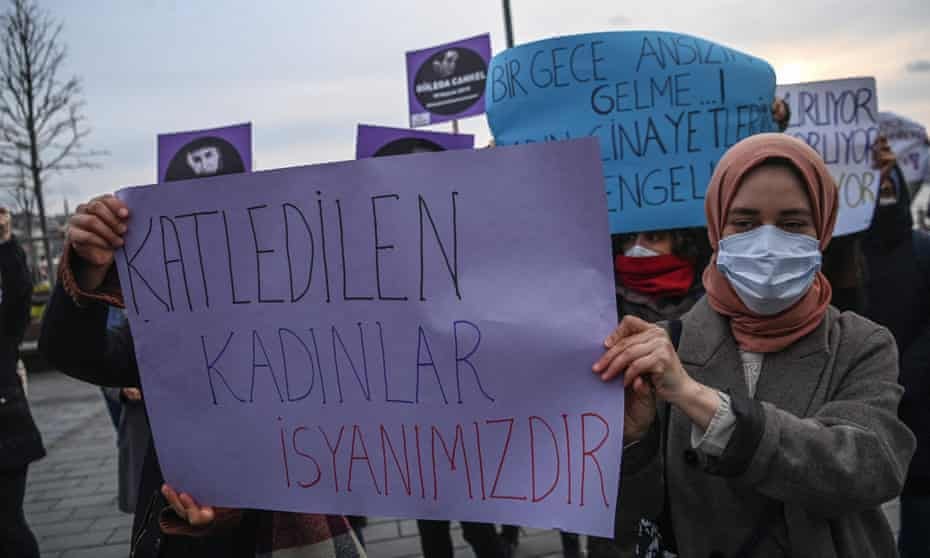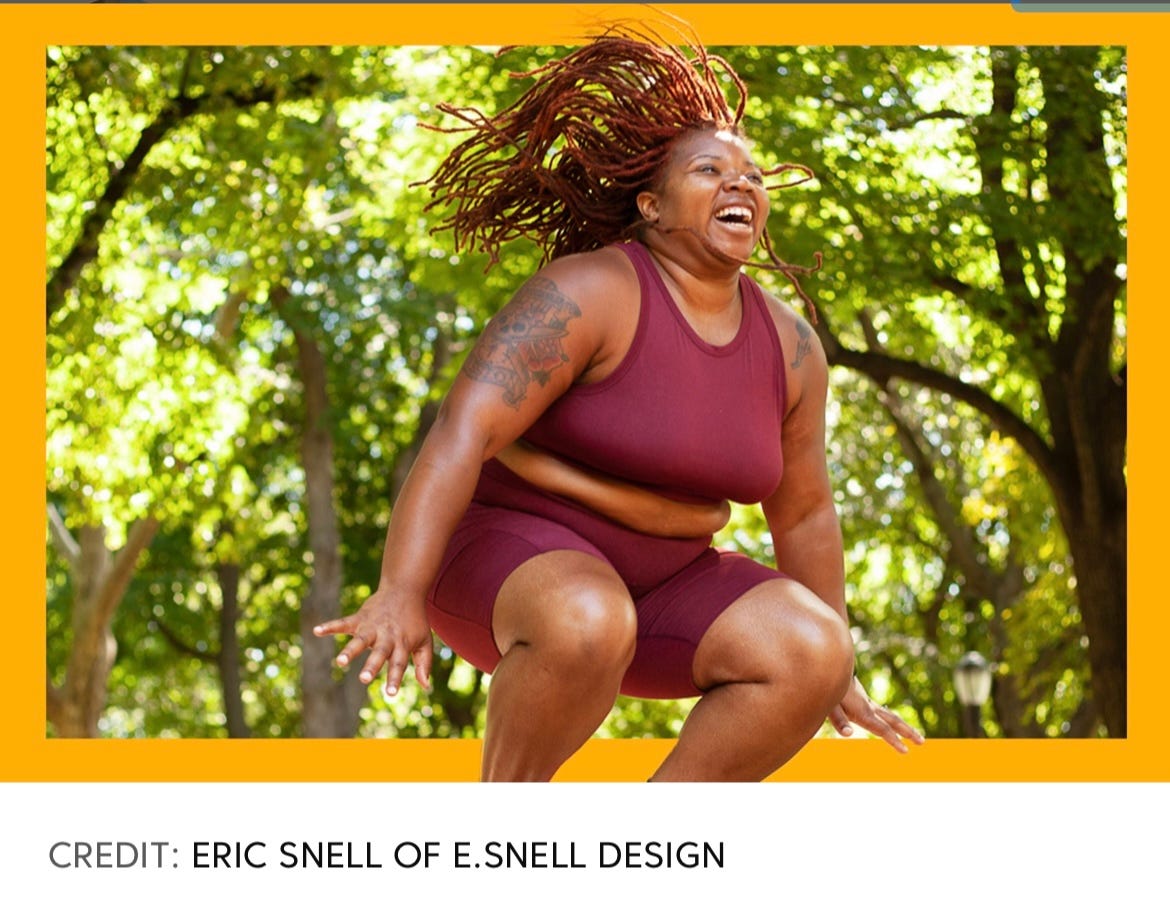Global Roundup: Intl. Day of Women and Girls in Science, Iranian Refugees in Turkey Face Deportation, Kuwait Women vs Misogynistic Lawmakers, The Running Fat Chef, Arab Film Tackles LGBTQ+ Issues
Curate4d by FG Contributor Samiha Hossain
Victoria Hayat announces COVID-19 information through a megaphone in Yambio, South Sudan via unicef
Today is the International Day of Women and Girls in Science. It is a day to celebrate women and girls’ innovation and accomplishments, as well as call for their full and equal access to and participation in science. Globally, only 33% of researchers are women, and they are awarded less research funding than men, and are less likely to be promoted. In the private sector too, women are less present in company leadership and in technical roles in tech industries. Women also report facing rampant sexism in the field.
Jennifer Boateng is a Senior Pharmacist at the Greater Accra Regional Hospital in Ghana. She works to ensure that patients get their medication in the proper doses at the right times and, most importantly, she says, that they stay alive.
I live with my husband, three children and my mother, who is 80 years old. I was still breastfeeding when I started work at the COVID-19 intensive care unit. - Jennifer Boateng
Women health workers from a clinic in Kupang, Indonesia, travel to local communities to hold vaccination events. Across the country, the COVID-19 response is also being supported by volunteers, who are mainly women. They’ve been encouraging parents to continue to take their children for routine immunizations and other vital services during the pandemic.
Daria Shulha, 32, is a doctor at Kharkiv’s Infectious Diseases Hospital in Ukraine. The intensive care department where she works only has six beds. Some of her patients have been hospitalized for several weeks.
We see patients at the stage that it will take an incredible effort to bring them back to life… After such a long time, you begin to treat patients as relatives. They even come to my dreams at night. - Daria Shulha
Nursing Officer Shalu, Dr. Madhusmita, Nursing Officer Nikita and Dr. Jyoti at the All India Institute of Medical Science.
Globally, women and girls play a crucial role in sharing information with their communities including facts about vaccinations and preventative measures. It is important to continue fighting sexism in science and to nurture young girls so they can pursue their dreams without barriers. For instance, Tomilyn, 10, from Cameroon says she already understands the importance of vaccinations and wants to become a doctor.
A protest in Istanbul against Turkey’s withdrawal from the Istanbul convention last March. The placard says: ‘The murdered women are our rebellion.’ Photograph: Ozan Köse/AFP/Getty via The Guardian
Three Iranian refugees are facing deportation from Turkey after taking part in a demonstration against Ankara’s withdrawal from the Istanbul convention on violence against women. Lily Faraji, Zeinab Sahafi and Ismail Fattahi were arrested after attending a protest in the southern Turkish city of Denizli in March 2021. A fourth Iranian national, Mohammad Pourakbari, was also detained with the others, despite not attending the protests. Hundreds of protesters across Turkey have faced brutal responses from local police for participating in demonstrations against Turkey’s withdrawal from the convention, which aims to combat violence against women by supporting survivors of abuse.
Their lawyer, Buse Bergamalı, said the four were taken from their homes and arrested after police photographed them at the protests. They were later charged with “disturbing public order”, and “participating in unlawful demonstrations”. Bergamalı also said that though it is illegal to return the four to Iran due to their conditional refugee statuses, “there is no indication in the court decision that these people cannot be sent back to Iran.”
The order to deport the group comes amid rising concerns over Turkey’s treatment of Iranian dissidents and asylum seekers. An estimated 67,000 Iranian citizens live in Turkey, with numbers reportedly rising in recent years as some flee persecution while others look to avoid US sanctions on Iran by buying property and claiming Turkish citizenship.
Iranian dissidents in Turkey have increasingly raised the alarm that they are no longer safe in a country formerly regarded as a safe haven. In 2020, an Iranian feminist activist, Maryam Shariatmadari, was briefly detained by police after fleeing Iran two years earlier after protesting against being forced to wear a hijab. Rights groups said she faced torture or even the death penalty. After a public outcry, Shariatmadari was allowed to renew her Turkish visa and released.
Despite the conditions for Iranians in Turkey worsening, Bergamalı said the four Iranians detained have been fighting to remain in the country.
They are fighting for their lives. They came to Turkey to survive. They’re trying to stay here so as not to die. - Buse Bergamalı
It is deeply troubling that those who attended protests denouncing violence against women – many of whom are likely vulnerable to such violence – are facing serious repercussions. Refugees in particular face racism in addition to misogyny at the hands of the state.
Women activists rally in support of their right to exercise activities, outside the National Assembly in Kuwait City, after a women's yoga retreat denounced as "indecent" was postponed Yasser Al-Zayyat AFP via France24
Kuwait’s ministry of interior banned the planned women-only yoga retreat in the desert saying the organizers had failed to obtain the necessary permits. Conservative lawmaker Hamdan Al-Azmi last week branded the event as “dangerous” and urged the interior ministry to stop it.
Event organiser Eman al-Husseinan announced the suspension of the retreat, stating she had not received a permit from the authorities, a day after Azmi tweeted to denounce the retreat.
Dozens of women protesting the administration’s intervention in Kuwait’s Erada Square on Monday held placards reading “No future for a nation without equality,” “No to the government and parliament’s trading in women’s issues,” and "Kuwait is a civil state and the rule is constitutional, and no to the rule of fatwas.” The women also said they rejected the “guardianship of women.”
Members of parliament are supposed to be the ones who defend the rights of all people, regardless of their gender. A woman’s right is not given by someone’s mood, not by personal preferences but by the constitution itself. Any changes or amendments to an article in the constitution should be focused on granting more rights, not taking them away. - Ibtihal Al Ahmad, women’s rights activist
The move comes just over a month after the door was opened for Kuwait’s women to join the army, but only on condition that they wore the hijab. Another decision by the federal administration required women to take permission from their guardian or husband before joining the army. Thus, Lawyer Areej Hamadah, who was present at the protest, believes conservative lawmakers will have a tough time in the upcoming elections.
Today I was at the women’s gathering from the third district and who voted for the [male MPs], but what I heard today and from very influential women figures, I think it is difficult for them to prepare for the upcoming elections after they failed the women who are shocked by their positions. - Areej Hamadah
Latoya Snell is Black bisexual and queer woman and the founder of the blog the Running Fat Chef, where she reclaims her own health and has also made a name for herself as a motivational speaker, advocate, and athlete. In her latest project, a collaboration with fitness brand Gymshark on their United We Sweat campaign, she is using her platform to empower athletes of all backgrounds to feel confident in their own skin.
In 2012, Snell was diagnosed with a slew of spinal issues and immune system complications, so she turned to exercise to gain control of her physical and mental wellbeing. She fell in love with running and lost 100 pounds, but also developed disordered eating.
[I knew about] this type of disordered eating, but I had a hard time associating it with myself. Unfortunately, educational marketing about the dangers of having an eating disorder doesn't keep marginalized people in mind. Visually, I've mostly seen materials with exceptionally smaller framed women on pamphlets and didn't envision my former 165-pound, 5'3" frame as a person with anorexia. When adding on race and sexual identity, it was a different type of hell. - Latoya Snell
She says she took on the pseudonym Running Fat Chef “after growing frustrated by the way the word 'fat' is weaponized and used as an insult to people." She wanted to gain power over the word by incorporating it into her blog-turned-company name. She believes the brand's name forces people to confront their own biases about the term "fat" and its historically negative connotations.
For those who are plus-size and felt shame over being referred to by this term, I want all of us to see our power. It is impossible to live without body fat, and I don't feel shame for having a bit more of it on my body. - Latoya Snell
Snell hopes her partnership with Gymshark will promote her values and emphasize the importance of body diversity in sports and fitness, in terms of race, size and ability. She is passionate about making fitness accessible for all and fighting diet culture.
At one point, I equated weight loss to happiness and personal success. Incorporating fitness into your daily life serves a greater purpose than just the physical benefits... Some of the toxic messaging of diet culture is ingrained in those who look like me as well. I don't want nor do I need to view my body as something to shrink. I love taking up space without permission from others. - Latoya Snell
Warsha is an indie movie that is part of a new wave of Arabic-language films - some screened abroad, others showing on streaming platforms - to confront long-standing taboos in a broadly conservative region. The Lebanese-Canadian director Dania Bdeir says she wants her short to "break the norms" on sexuality and gender in the Middle East.
The 15-minute movie revolves around Mohamad, a Syrian migrant working as a crane operator in the Lebanese capital Beirut, who escapes reality by conjuring up fantasies about a life in drag. It contains almost no dialogue but Dania Bdeir said her message comes through loud and clear.
I hope anyone who watches 'Warsha', feels the urge to break the norms, finds freedom, and most importantly, the passion that makes them feel alive, away from any restrictions or censorship. - Dania Bdeir
Last month, Warsha won the prestigious Sundance award for best international short fiction film, joining a string of movies that move past the tropes of conflict and religion to explore what lies beneath the region's tight social constraints.
The lead is played by Lebanese LGBTQ+ performer Mohamad al-Khansa, who said the film reflected his own upbringing.
Mohamad's journey reflects my life - we just live in different societal classes. But the way Mohamad had to hide to find himself is an exact representation of my childhood days. - Mohamad al-Khansa
As well as depicting Mohamed's yearnings, the film explores the menial bones of immigrant life, drawing on the million-plus Syrians who fled a decade of war for sanctuary in Lebanon.
Though many believe these types of movies are an important way for the region’s LGBTQ+ people to feel seen and heard, movies and plays need approval from government censorship bodies in many Arabic-speaking countries. Other movies that could stir controversy in the region and have not been formally approved are shown in closed private screenings. Streaming platforms such as Netflix provide one loophole: they can broadcast content directly into homes without needing prior government authorization.
While some governments in the region have outright banned these films, others have reproduced the stigma around and silencing of LGBT identities by categorizing these films as shameful and in opposition to societal and family values... The depiction of queer characters ... is speaking truth to the realities of LGBT people in the region. - Rasha Younes, Human Rights Watch's LGBT Rights Programme.
Samiha Hossain (she/her) is a student at the University of Ottawa. She has experience working with survivors of sexual violence in her community, as well as conducting research on gender-based violence. A lot of her time is spent learning about and critically engaging with intersectional feminism, transformative justice and disability justice.
Samiha firmly believes in the power of connecting with people and listening to their stories to create solidarity and heal as a community. She refuses to let anyone thwart her imagination when it comes to envisioning a radically different future full of care webs, nurturance and collective liberation.








